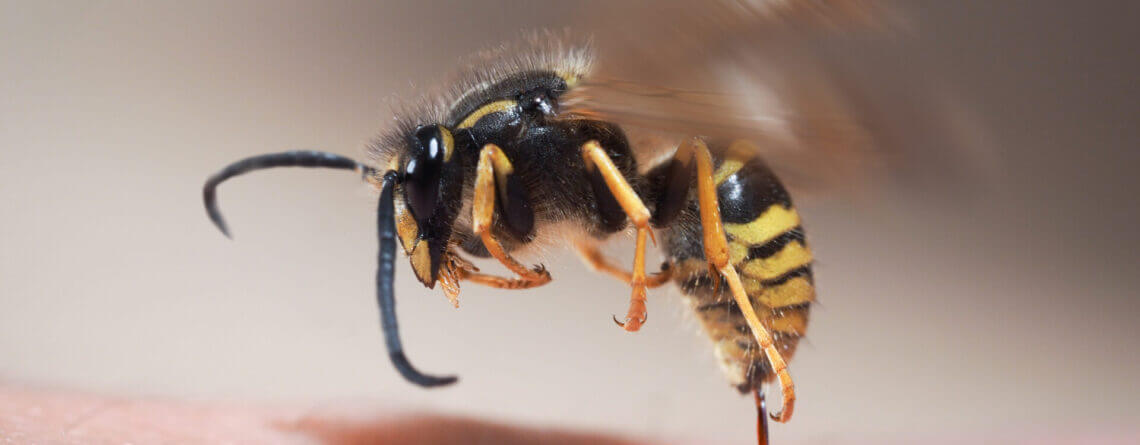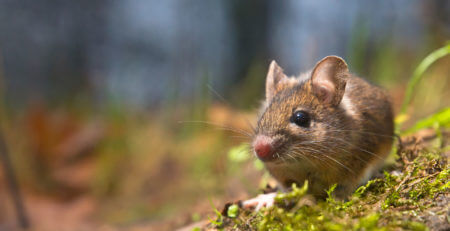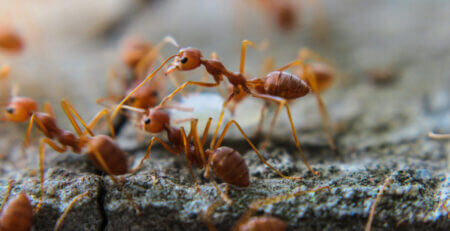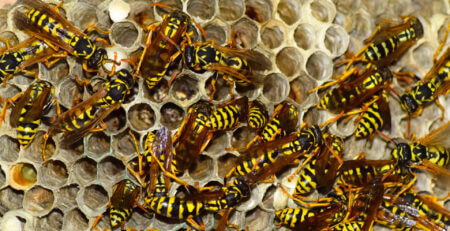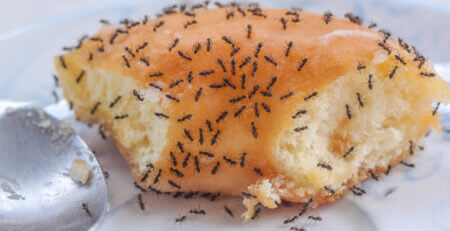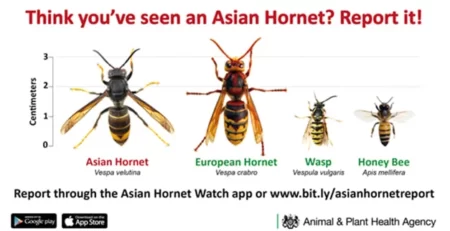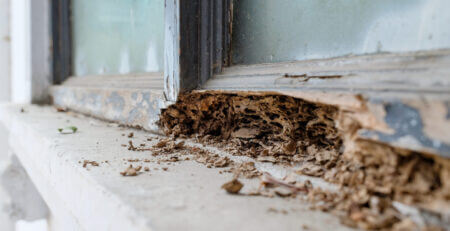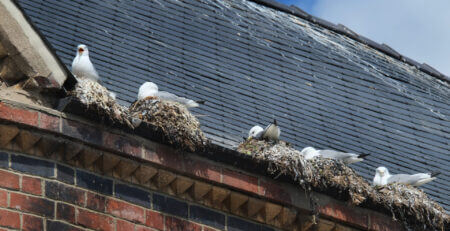The Dangers of Wasp Stings and How to Treat Them
Wasp stings can be painful and even dangerous, especially for people who are allergic to them. In this article, we’ll take a closer look at the dangers of wasp stings and how to treat them. If you need further information or assistance with wasp control, Pest Control Direct is a helpful source of information and solutions.
The Dangers of Wasp Stings
For most people, a wasp sting is painful and may cause redness, swelling, and itching around the sting site. However, for some people, wasp stings can be dangerous and even life-threatening. Here are some of the dangers of wasp stings:
- Allergic reactions: Some people are allergic to wasp venom and may experience a severe allergic reaction called anaphylaxis. Symptoms of anaphylaxis can include difficulty breathing, swelling of the face and throat, and a rapid pulse.
- Multiple stings: If you are stung multiple times by wasps, you may experience more severe symptoms, including nausea, vomiting, and dizziness.
- Secondary infections: If you scratch the sting site, you may develop a secondary bacterial infection.
- Chronic pain: In rare cases, some people may experience chronic pain and other symptoms after a wasp sting, a condition known as post-injection syndrome.
How to Treat a Wasp Sting
If you are stung by a wasp, it’s important to treat the sting site as soon as possible. Here are some steps you can take to treat a wasp sting:
- Remove the stinger: If the stinger is still in the skin, gently scrape it out with a credit card or other flat object.
- Wash the area: Wash the sting site with soap and water to remove any dirt or bacteria.
- Apply a cold compress: Apply a cold compress or ice pack to the sting site to reduce swelling and pain.
- Take pain relievers: Over-the-counter pain relievers such as ibuprofen or acetaminophen can help reduce pain and inflammation.
- Seek medical attention: If you are experiencing symptoms of anaphylaxis or have been stung multiple times, it’s important to seek medical attention immediately.
Preventing Wasp Stings
The best way to prevent wasp stings is to take preventative measures. Here are some tips for preventing wasp stings:
- Avoid wearing strong perfumes or scented products.
- Wear long-sleeved shirts and pants when spending time outdoors.
- Keep your property clean and free of garbage and food waste.
- Seal any gaps or cracks in windows, doors, and walls to prevent wasps from entering your home.
If you’re dealing with a wasp infestation on your property, it’s important to seek professional help from a pest control expert. Pest Control Direct is a helpful source of information and solutions for wasp control, offering a range of products and services to help you get rid of wasps quickly and safely.
In conclusion, while wasp stings can be painful and even dangerous, there are steps you can take to prevent and treat them. By taking preventative measures and seeking professional help when necessary from Pest Control Direct, you can keep yourself and your family safe from the dangers of wasp stings.

